Oral Communication Commitee (OCC)
About OCC
What distinguishes you from all others and AI will be your soft skills and this includes your words and how you use them. Your words are the spark that ignites ideas that will take off and make the difference in your field. Your ability to marshal your ideas, give critical feedback in meetings and to people, to give pertinent and insightful analysis that shows a razor-sharp brain without an acidic sharp tongue, galvanize a team, lead your company to success, comfort the disappointed and re-ignite their mojo, all this and more comes from your ability to communicate.
So, if you have taken a course in business communication, or you got an A for project work, it does not mean you are fully equipped for oral communication at university or the workplace. The oral communication committee offers targeted and focused workshops in advanced skills.
These workshops are designed to give you personalized hands-on practice and feedback that watching online tutorials cannot give you.
Our workshops are designed to give just enough theory, so you know there is evidence for why the principles and practices work, and maximum practice and coaching time.
From packing a punch with your words yet giving nonjudgmental but constructive feedback, you will take communication from transactional to relational.
Communication is key to showing your sphere your value-add. What you can say and how you say it is what makes you a bright spark!
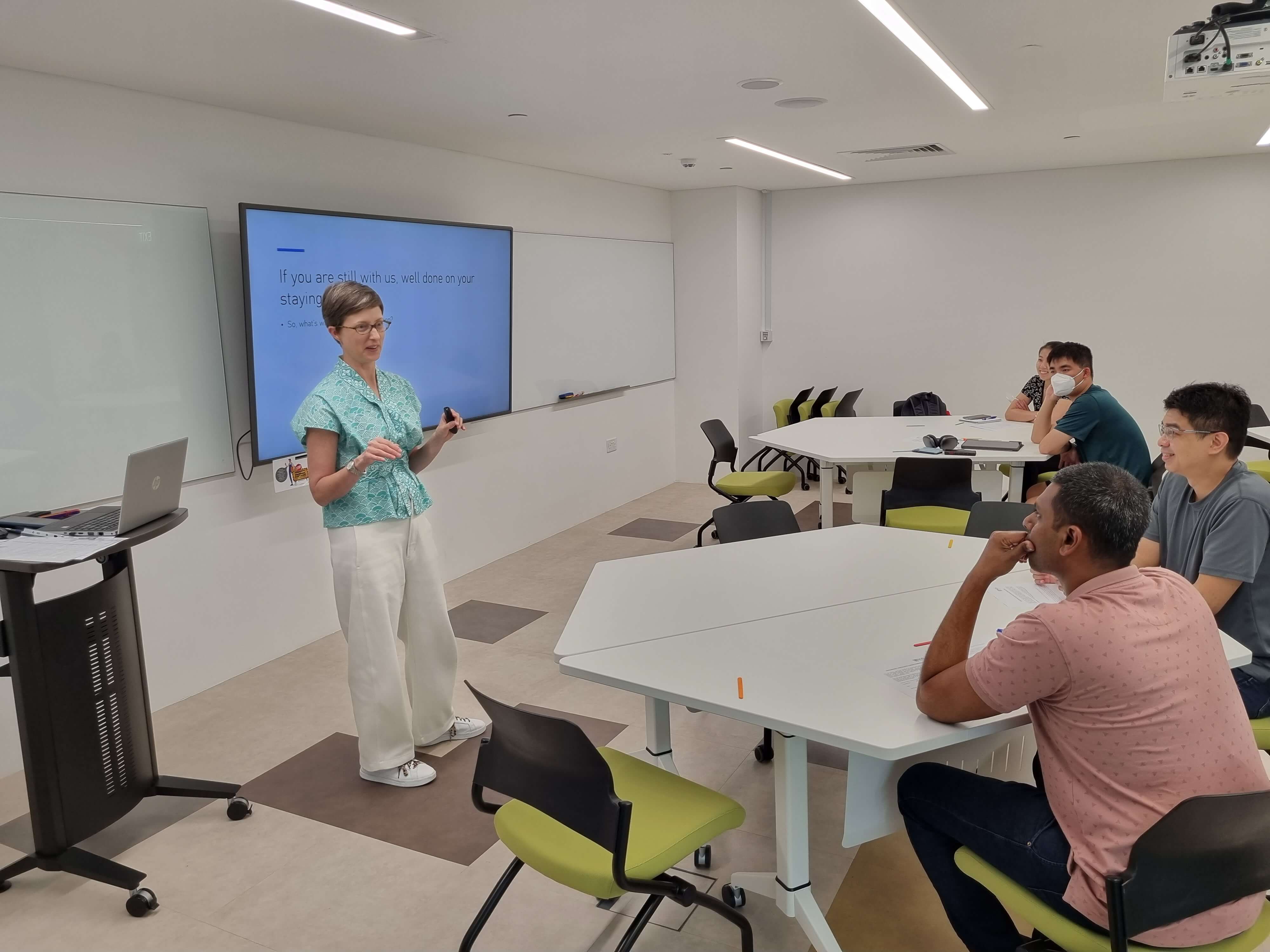
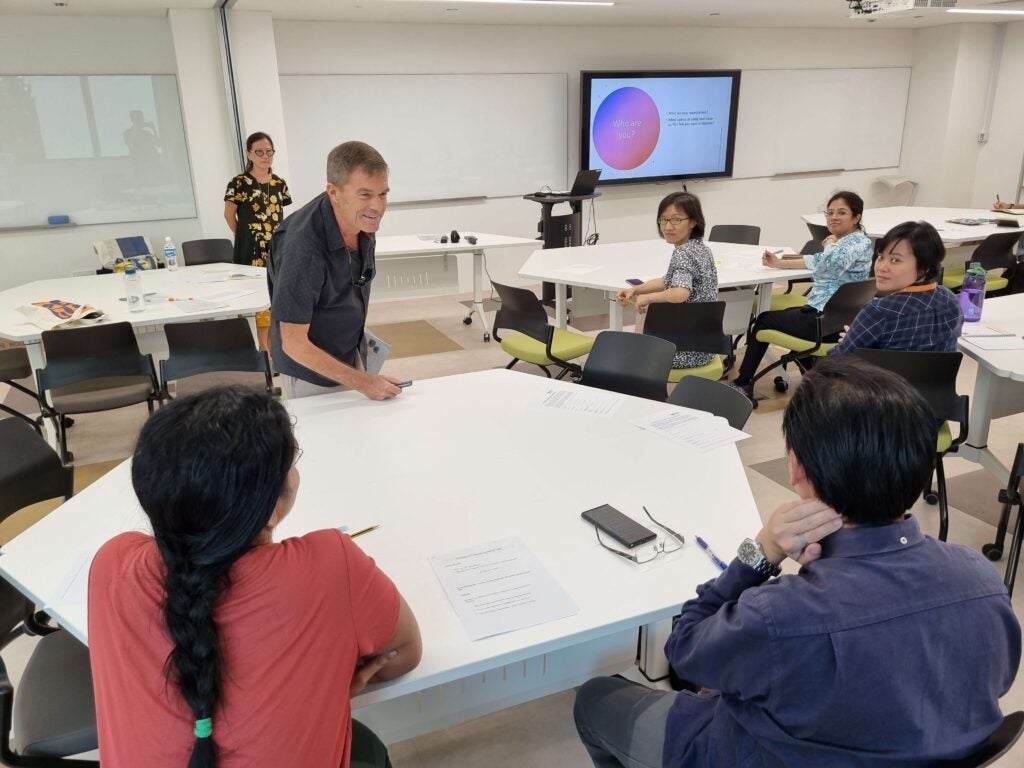
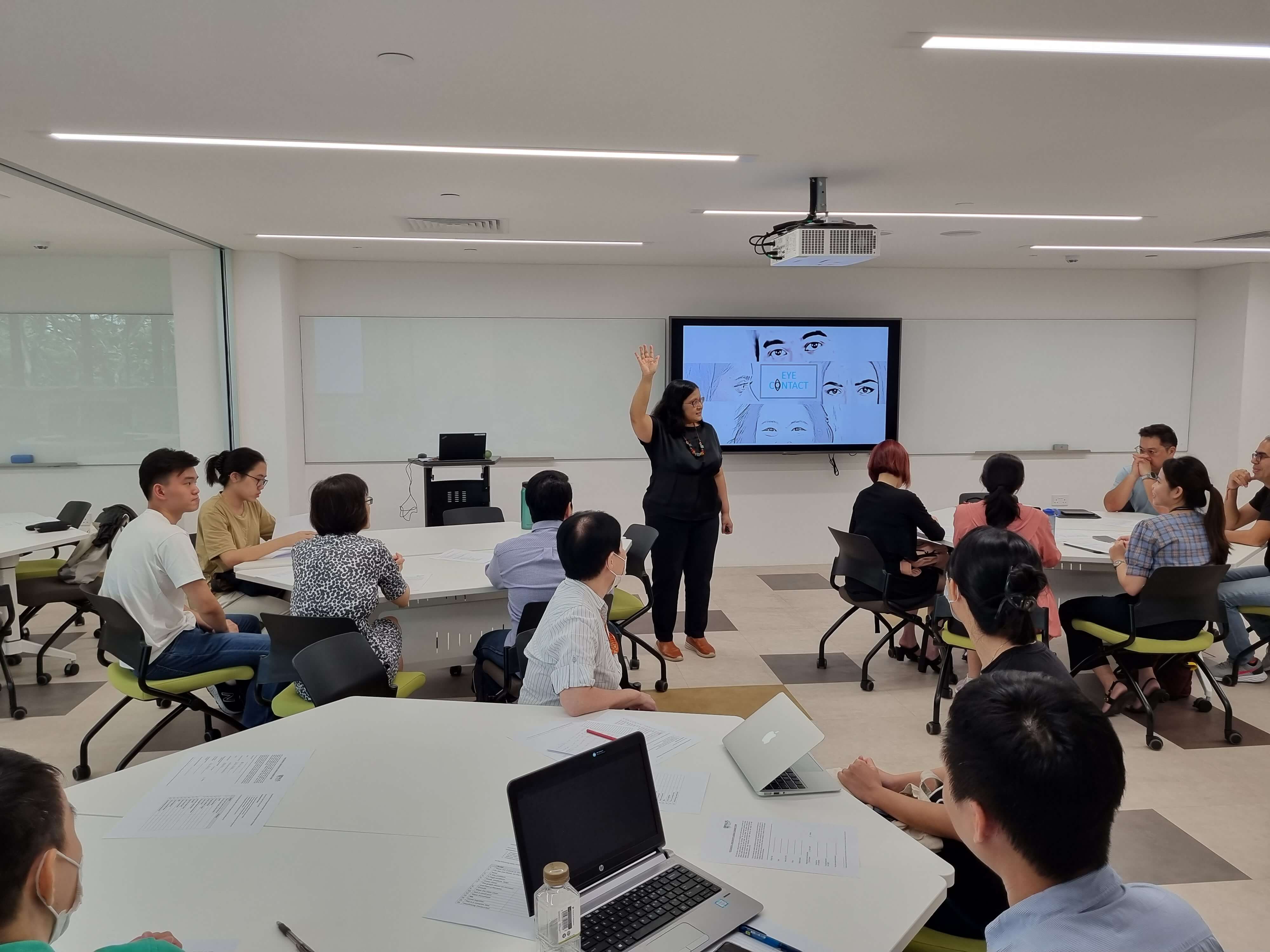
Workshops
Series Theme (For AY24/25)
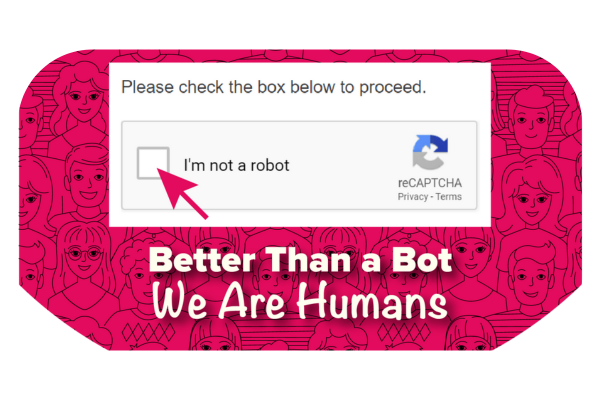
Bots pick up functional messages and those that use generative AI can even compose messages, sometimes more fluently than we can. How can we future proof ourselves? As tech-writer Kevin Roose (2021) argues, it is even more important to stay human in the age of AI. When engaging in workplace discussions, what do we have to do to show we are better than bots? We could be ourselves, but authenticity, although a quality held dear by Gen Z workers, is also something that causes tension with other workers who misunderstand their more casual style. e.g. Gen Z use such short words and phrases as seem rude yet are fully well intentioned. Other cultural groups may think they should sound modest but come across as unsure. So, there is a tension between what we want to say and what other people hear. Yet the human element is key to any successful communication.
These four complementary but standalone workshops explore the tensions in four areas where knowing how to be human would engender clearer messaging, that might even touch hearts and change minds:
- Be all ears: Listening with your whole self.
- Make your voice heard! Speaking with your whole self.
- Ditch the script: Energizing your presentations
- Say less?!: Negotiating authenticity and meaning in a diverse world.
Reference
Roose, K. (2021). Futureproof: 9 Rules for Humans in the Age of Automation. Random House
5 Feb 2025 (Wed), 3pm – 5pm
Be All Ears: Listening with Your Whole Self
Most speakers focus on what they are going to say and forget to think about the interests and needs of their audience (Maxwell, 2010). Successful communicators, however, speak less and listen more by shifting the focus from themselves to their audience.
How can you make your audience feel seen and heard? How can you understand your audience enough to engage them in what you have to say?
In this interactive workshop, you will learn three key principles of listening to connect with your audience and apply strategies to read and engage your audiences in presentations, pitches and collaborative settings.
Learn how to:
- Determine audience interests and needs before you communicate
- Use your senses to listen to your audience
- Engage your audience with empathy
Workshop Facilitator
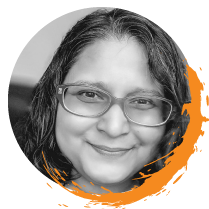
Jinat Rehana Begum
Instructor, Centre for English Language Communication
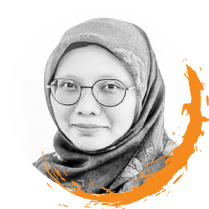
12 Feb 2025 (Wed), 2pm – 4pm
Say less?! Negotiating Authenticity & Meaning in a Diverse World
Have you ever heard a response to something well-intentioned you said that left you feeling confused? For instance, you were giving feedback and the recipient said, “Say less!” Some recipients might be confused. Is the speaker upset with you or appreciative? Workplace communication might be in English, yet miscommunication may occur. A study has found that a new hire in today’s workplace may have up to five generations of colleagues, each with some distinct but unarticulated communication style and preference. It seems that even though we are all speaking in English, our intended meaning may be misunderstood. Our aim is to raise awareness of generational differences and to share strategies that help bridge these them in order to develop strategic competencies in both intercultural and interpersonal communication skills.
In this in-person interactive workshop, learn how to :
- recognize the speaker’s intention,
- reduce misunderstandings, and
- value diverse forms of communication.
You can apply these skills to inter-generational, intercultural, and interpersonal communication. The workshop features scenarios, experience sharing, and feedback.
Workshop Facilitator
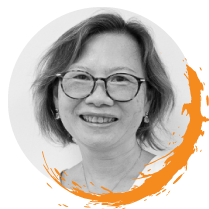
Lee Gek Ling
Senior Lecturer, Centre for English Language Communication
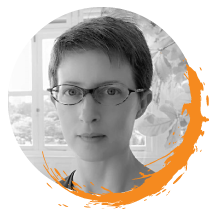
19 Feb 2025 (Wed), 2pm – 4pm
Ditch the Script: Energising Your Presentations
Have you ever sat through a dull, almost mechanical presentation? Most if not all of us would respond with a resounding “YES”!
While several factors go into an effective speech, pitch, or presentation, one of the most important is delivery. Many speakers default to an artificial, “newscaster” style, but audiences respond far better to a more organic, natural delivery.
In this interactive workshop, you will learn to engage audiences through natural verbal and visual delivery techniques, and ensure your presentations move from self-conscious to self-confident.
Learn how to:
- Connect with your audience through conversation
- Seem spontaneous in your speech
- Harness body language to move with meaning
Workshop Facilitator
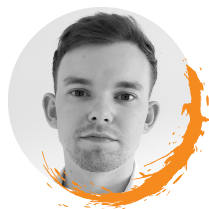
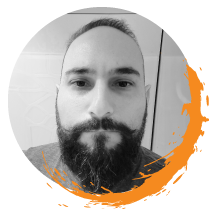
Ted Siraki
Lecturer, Centre for English Language Communication
19 Mar 2025 (Wed), 2pm – 3.30pm
Make Your Voice Heard! Speaking with Your Whole Self
It is no surprise that the human voice is considered more engaging and more easily understood than an artificially generated one (Abdulrahman & Richards, 2022). Perhaps its greatest appeal is that it is embodied (Barker, 2015). Building on this idea, this highly practical workshop will kick off with an optional physical warmup designed to help you overcome one of the greatest challenges of the human voice: muscular tension.
This workshop will introduce a suite of vocal exercises used by actors and public speakers to make you sound clearer and more confident. With your body and voice ready, we will then prepare you for activities such as interviews and presentations. Drawing from acting theory pioneered by acclaimed director Constantin Stanislavski, you will learn techniques to achieve you goals in various workplace scenarios.
Participants are encouraged to wear comfortable clothing that allows for movement, and a link to a warmup video will be provided prior to the workshop.
Learn how to:
- Overcome vocal challenges and feel confident
- Project your voice and develop resonance, find your optimum pitch and articulate clearly
- Get what you want from your audience
Workshop Facilitator
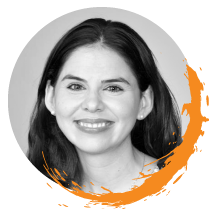
Gouin Julie Louise
Instructor, Centre for English Language Communication
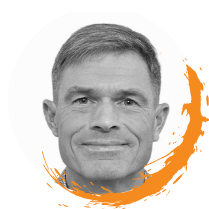
The workshops are open to all NUS students/staff. Booking availability on a first-come-first-served basis.
For enquiries related to this event, please contact elcbox70@nus.edu.sg.
Ask OCC about:
- The workshop you are interested in.
- Customizing one of the workshops for your residential college or hall - free
- Customizing one of the workshops for your department or organization – chargeable at preferential rates for NUS staff.
- A workshop you would like us to offer in the near future.
- Preferred timings for workshops – we will look for trends in timing.
Getting to the CELC Seminar Room (02-30)
To reach the CELC Seminar Room (02-30) from the main entrance, enter through the glass doors and continue straight ahead. This will lead you directly to the the CELC Seminar Room (02-30).
For those arriving via the car park, proceed to Level 2 using either the lift or the stairs. Upon reaching Level 2, follow the corridor signs to the main lobby of the Centre for English Language Communication (CELC). The CELC Seminar Room (02-30) will be located on your left.

